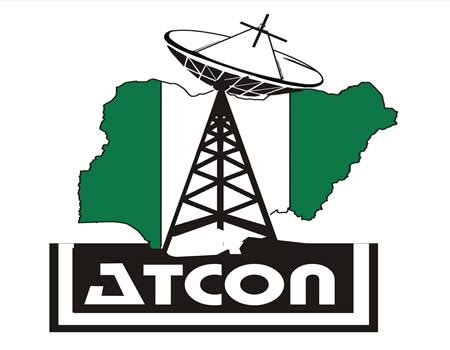The Nigerian Communications Commission’s (NCC) board and management convened a retreat this week in Abuja with the theme “Expect More, Deliver Results.” The retreat is part of the Commission’s strategic strategy to improve regulatory excellence and operational efficiency in order to keep the industry growing and contributing to the economy.
The retreat takes place at a time when Nigeria’s telecoms sector is emerging as a major contributor to GDP, and as the country prepares to launch its Fifth Generation (5G) network in 2022.
The retreat is also intended to ensure that the Commission is able to innovate its way out of the myriad issues that the sector faces in the face of global economic volatility and uncertainty.
The retreat, which is being attended by members of the NCC Board of Commissioners as well as other senior management staff from the Commission, is being held both in person and virtually, with approximately 100 senior management staff participating virtually in accordance with the existing COVID-19 protocols.
The retreat began on November 11, 2021, with a welcoming address by Felix Adeoye, Director, Corporate Planning, Strategy, and Risk Management at NCC, whose department is in charge of organizing the yearly retreats.
Participants discussed their replies to the Pre-Retreat Questionnaire and set concrete goals for the three-day program during the opening ceremony. Prof. Adeolu Akande, Chairman of the NCC Board of Commissioners, said the retreat gives them an opportunity to “review our achievements and problems, so that we may brainstorm and identify the most effective and efficient means to achieve our mandate.”
The telecom industry, according to Akande, has maintained its position as one of the top three contributors to GDP, rising from a meager 8.5 percent in 2015 to 14.42 percent in the second quarter of 2021. He added that the industry is a major employer of labor, with a substantial catalytic influence on job creation, the growth of small and medium-sized businesses (SMEs), and enhanced equity and equality among citizens.
According to the Chairman, telecommunications infrastructure is critical to the survival and development of other sectors of the economy, including agriculture, education, health, energy, services, and finance, among others, and NCC, as the sector’s regulator, is encouraging its deployment. According to him, the industry has been dubbed the “new oil” because of the constant and prospective evolutions and innovations that ensure corporate profitability, expansion, and viability.
However, Akande added that while the assertion is particularly true in Nigeria, given the falling oil price, it also indicates that the Commission is expected to contribute more to the national treasury.
Prof. Umar Garba Danbatta, NCC’s Executive Vice Chairman and Chief Executive, cited the Commission’s impressive achievements in the two years since the last retreat in his keynote talk. Despite the difficulties and disruptions to usual work processes, he believes it is good to see that the issue has prompted an inventive approach to getting work done and keeping committed to the strategic goal of the commission.
Danbatta said the thematic focus is aimed to nudge the Commission’s Board and Management team on how the NCC can sustain and surpass its remarkable track record of success over the years, while also highlighting the theme of this year’s retreat.
“We want to examine how we can ensure that we continue to set higher expectations for ourselves in order to achieve even better results.”
“While we will examine the solution together over the next couple of days,” he added, “let me to set a premise and surmise it in a single word: commitment.”
The chairman of the Association of Licensed Telecoms Operators of Nigeria (ALTON), who was invited to the retreat to share industry insights from licensees’ perspectives with the participants, said the operators continue to face perennial challenges such as infrastructure vandalism, lack of seamless access to foreign exchange, right of way (RoW) issues, multiple taxations and regulations, and bridging the access gap, among other challenges.
He urged all participants and stakeholders to form stronger alliances and collaborate more than ever before in order to overcome collective challenges and foster the strategic partnerships needed to improve both the consolidation of gains and the plan for harnessing rapidly-emerging innovations of the Fourth Industrial Revolution (4IR), which Nigeria needs to fully enter the global digital age.
Prof. Pat Utomi, the retreat’s organizer, reflected on the industry’s history, recalling with nostalgia how the inaugural Digital Mobile Licence (DML) auction took place in the same Transcorp Hilton in 2001, with pomp, excitement, and a keen eye on history.
He claimed that the sector has grown tremendously thus far and has made the country proud. He did, however, put the retreat’s subject into context by saying that the Commission must provide more exceptional results because Nigerians expect more.
Utomi, who emphasized the importance of culture and commitment to long-term organizational success, urged the attendees to see the gathering’s appropriateness and auspiciousness by refocusing on objectives, strategies, culture, and communication as imperatives for the Commission’s mission and vision to be realized.



